
These past two weeks have been jam-packed with activity.
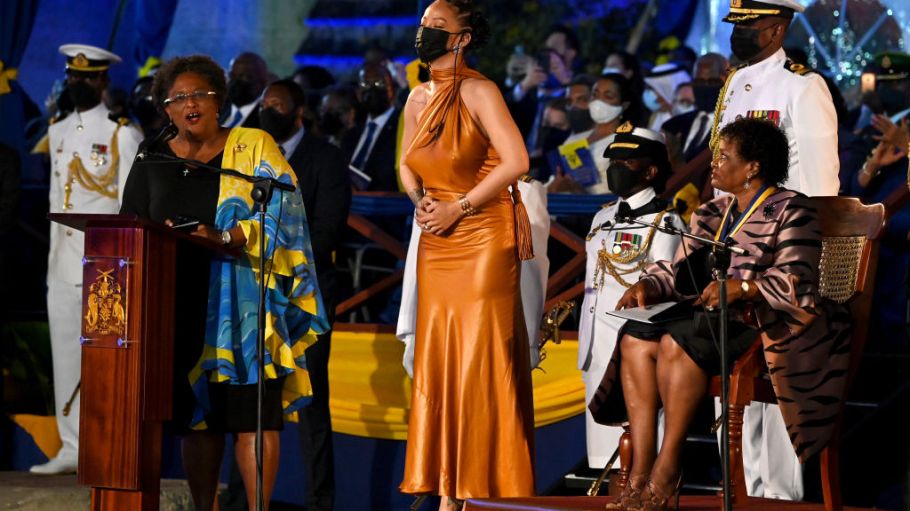
In a recent Facebook discussion, Avinash Persaud, who serves as Barbados’ special representative for investment and financial services to the prime minister, revealed that the Barbadian government is considering a unique approach to economic recovery. They are exploring the option of providing regular financial assistance to adult residents as a way to alleviate the economic challenges brought about by the pandemic. This initiative is in line with efforts across the Caribbean and Latin America to support households facing financial hardships during these trying times.
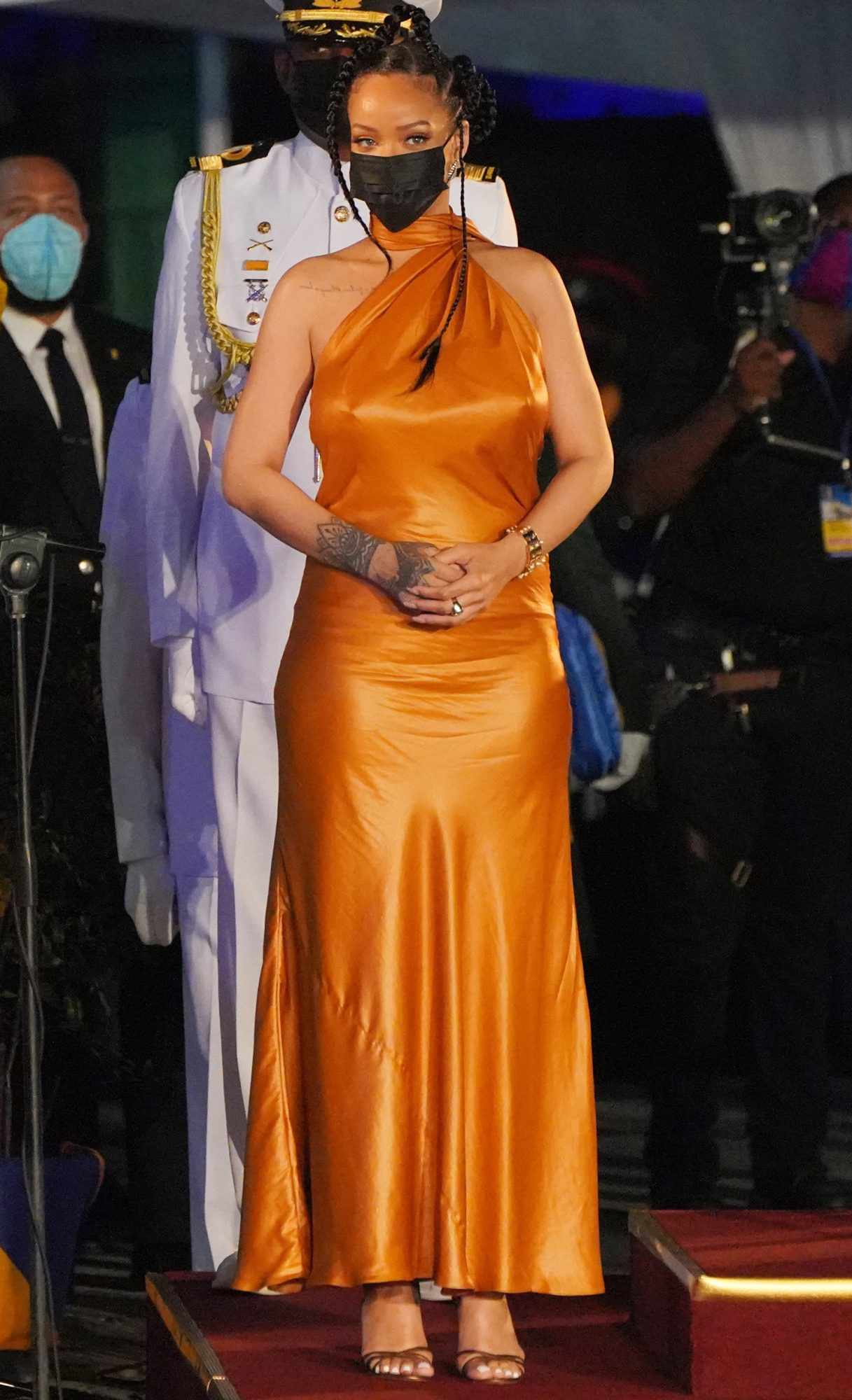
Persaud recommended that people receive regular payments in the form of a citizen’s dividend, where individuals would receive significant sums of money from the government’s utilization of natural resources. One instance of this is the Alaska Permanent Fund, which distributes yearly stipends to its residents using the profits generated by the Alaska Permanent Fund Corp., a government-owned entity funded by oil proceeds.
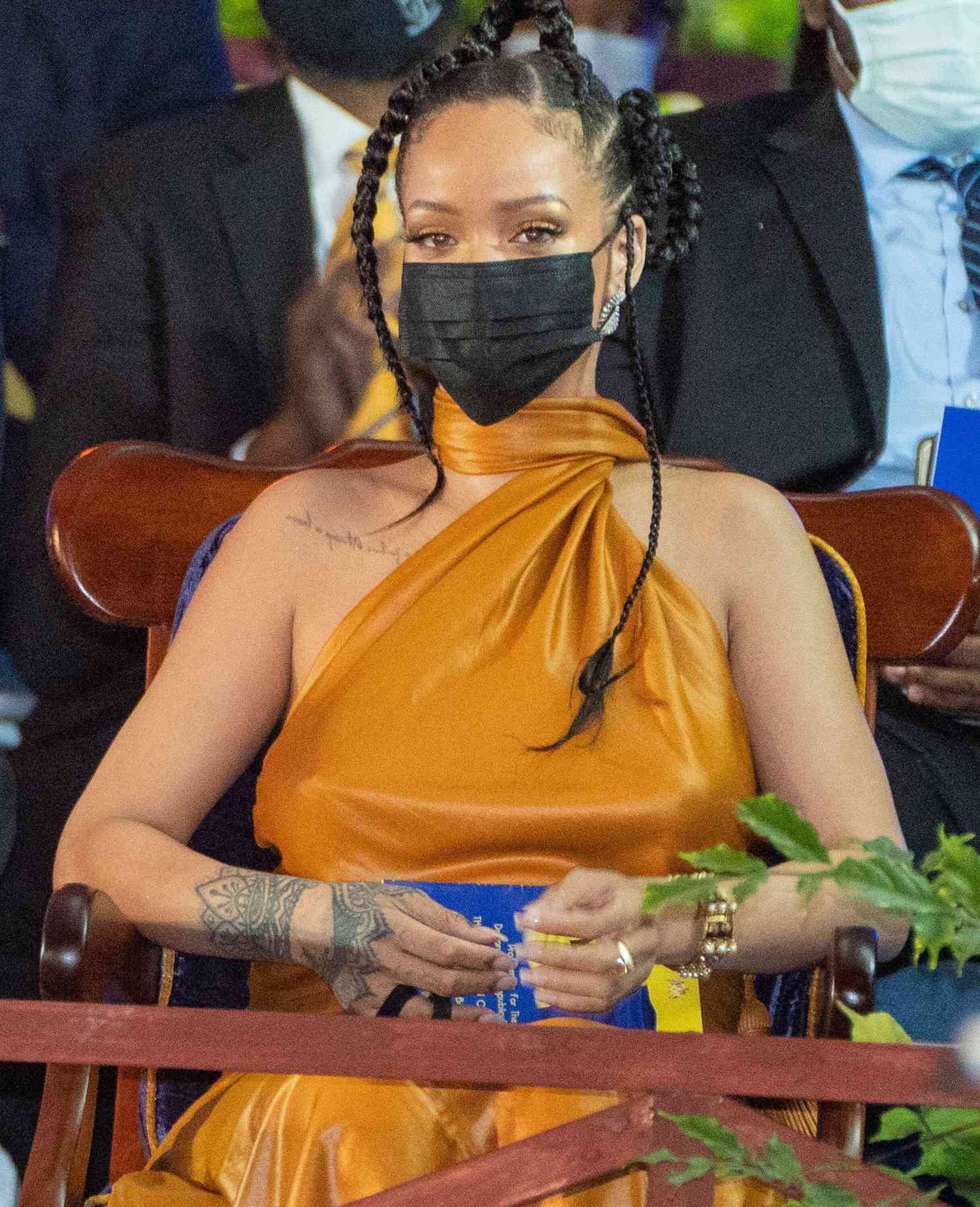
Persaud suggested the idea of introducing a universal basic income in Barbados by merging the existing annual reverse tax credits with a citizens’ dividend. Currently, Barbadians earning less than 25,000 Barbadian dollars per year, approximately $12,386, receive a reverse-tax credit of 1,300 Barbadian dollars, around $644, annually.
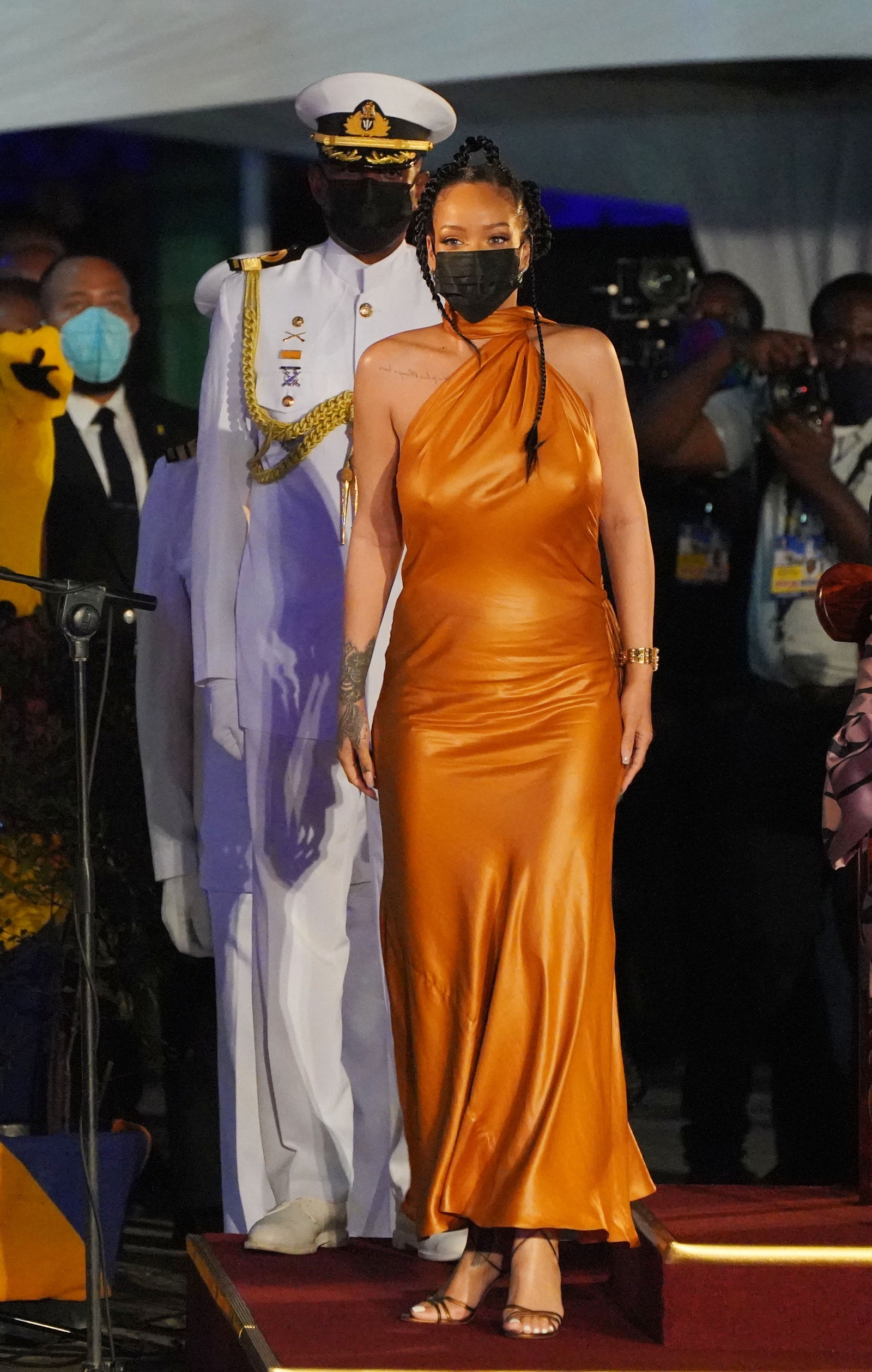
In contrast to traditional welfare systems, universal basic income (UBI) programs involve the government providing a fixed amount of money to every adult citizen without any conditions attached. The popularity of UBI programs has been on the rise globally, especially due to the financial strain caused by the pandemic on individuals with low incomes. More than 30 guaranteed-income initiatives have recently started in the US, with the majority launching in the past couple of years.
While many cities and states are experimenting with guaranteed-income schemes, a true UBI program, like the one proposed in Barbados, would provide payments to all residents of the country.
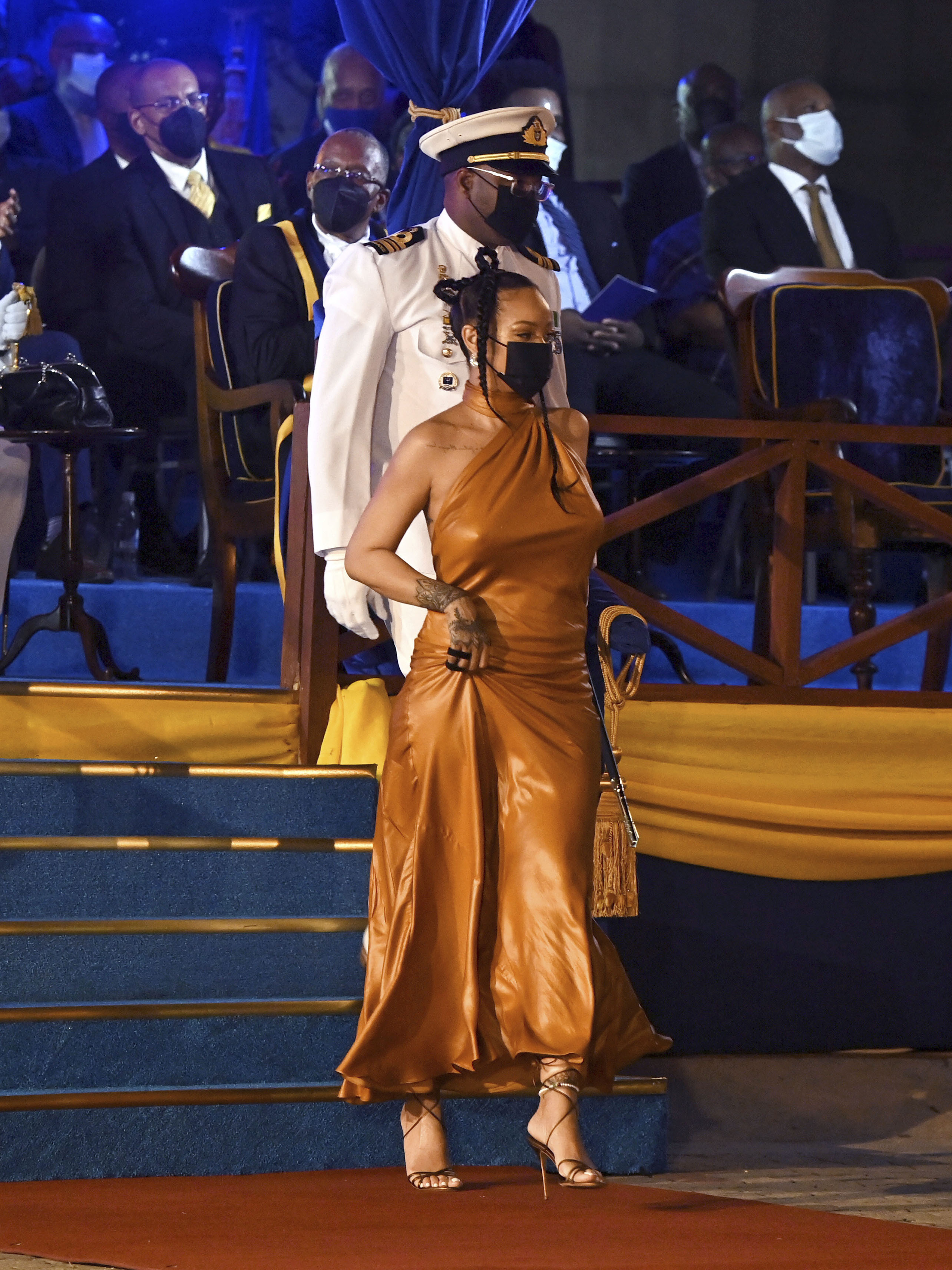
Persaud emphasized the importance of maintaining universality in the face of pressure from international organizations to ‘target’ certain groups. In order to promote social mobility and opportunity, postsecondary education was made free for all citizens. This decision was based on research indicating that those less fortunate may struggle to afford the costs associated with higher education or the burdens of significant debt, hindering their prospects for the future.
Barbados is considering implementing a Universal Basic Income (UBI) as a means of lifting citizens out of poverty. Aside from her successful music career, Rihanna has also earned recognition in her home country of Barbados for her philanthropic efforts. During the COVID-19 pandemic in March 2020, she generously donated ventilators worth $700,000 to Barbados through the Clara Lionel Foundation, with a pledge of $5 million to support underdeveloped nations. Over the years, Rihanna has made substantial contributions to healthcare and education initiatives in her homeland, making her a beloved figure in Barbados and beyond.
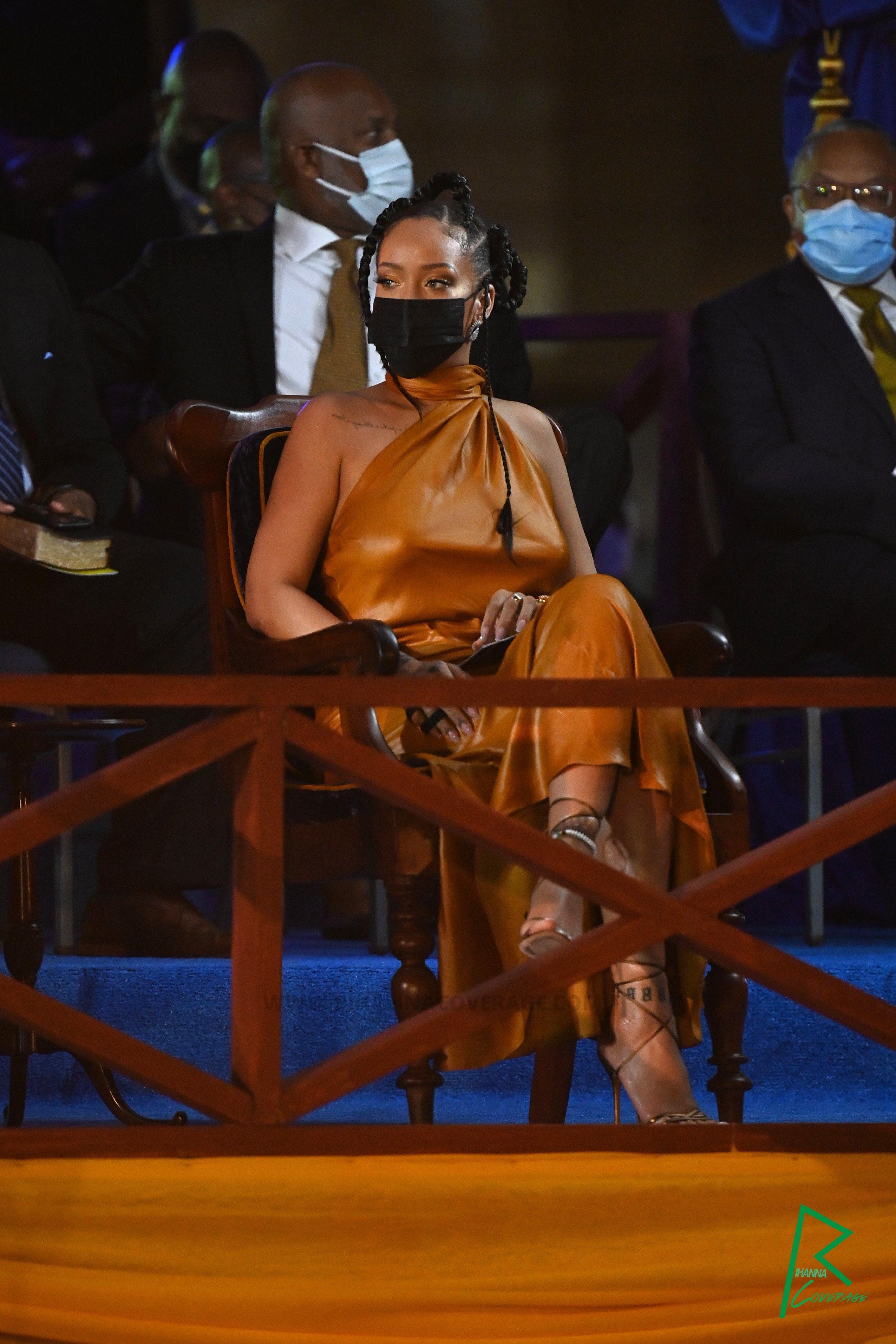
Barbados has commended the efforts being made to address the challenges it faces. The country’s stability has been shaken by recent events such as the pandemic, extreme weather conditions, a shrinking workforce, and the lasting effects of colonialism.

The pandemic has had a widespread impact on the entire region, as revealed in a recent survey by the World Bank. The survey, which included households in the Caribbean and Latin America, found that over half of the participants reported not being able to reach their income levels from before the pandemic. As a result, there has been a noticeable decline in health and education standards.
Recent economic reports from the World Bank in 2017 show an increase in poverty rates in Barbados. Experts attribute this rise to the significant impact of the coronavirus on the country’s tourism industry, which is a crucial source of income for the nation.
